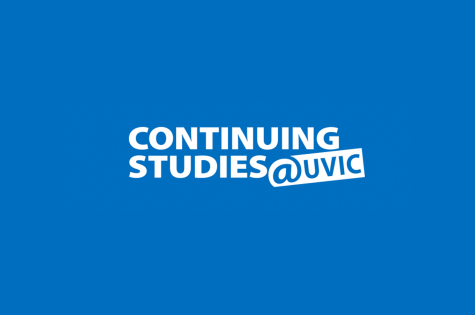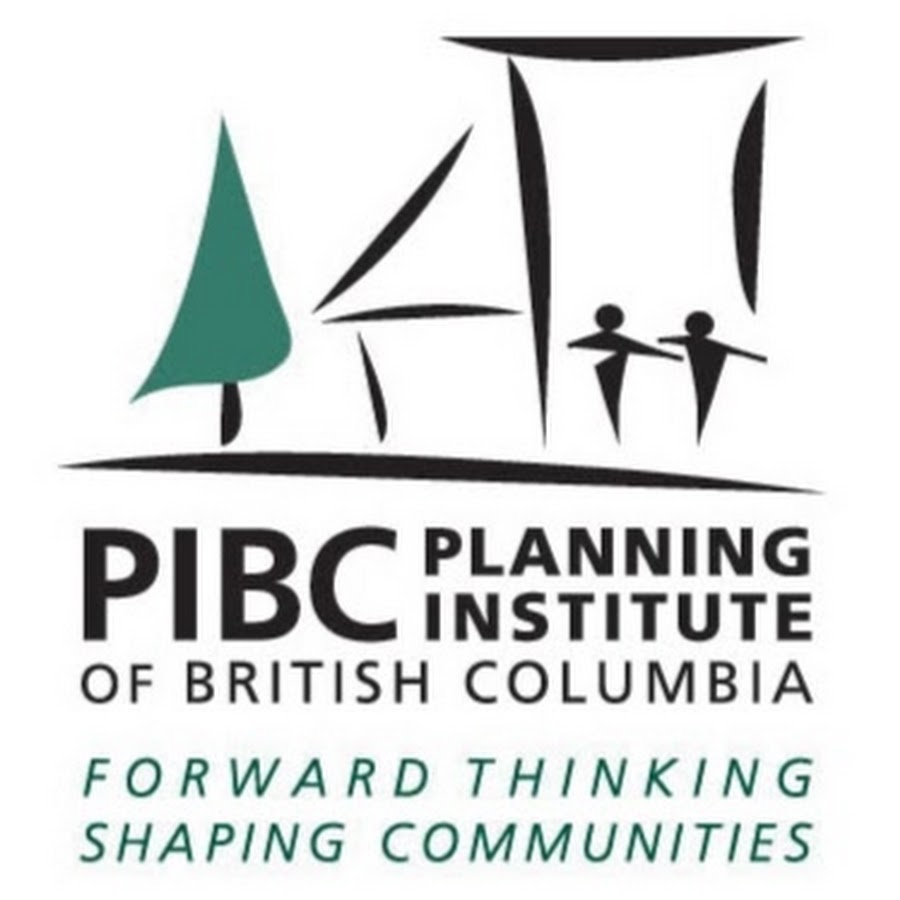This online asynchronous class (from September 3 - December 3 in a time-flexible learning format), offered as a partnership between the Division of Continuing Studies and the School of Environmental Studies, explores skills and approaches used by those involved in urban and regional planning as they respond to the impacts of climate change on the built environment. It will focus on the use climate science and diverse knowledge products, equitable approaches to climate risk assessment, developing adaptation strategies that reduce risk and increase co-benefits, and evaluating the actors and institutions who are, or ought to be, involved in this work.
This course is an elective in the Politics, Policy and Climate Action micro-certificate, as well as the Certificate in Transformative Climate Action. This course is eligible for PIBC continuous professional learning (CPL) units.
Upon completion of the course, you will be able to:
- Interpret and apply downscaled climate model data and Indigenous knowledge in various planning contexts
- Analyze climate change impacts on urban and regional systems, focusing on the built environment
- Assess and operationalize the various concepts associated with climate change vulnerability, risk, and resilience assessments from a variety of perspectives
- Identify the role of planners in developing equitable adaptation strategies for climate-resilient urban planning
- Evaluate the effectiveness of climate adaptation tools and policies, including whether they are equitable or decolonized
Click here or on the EVENT LINK below for full course details and registration.






